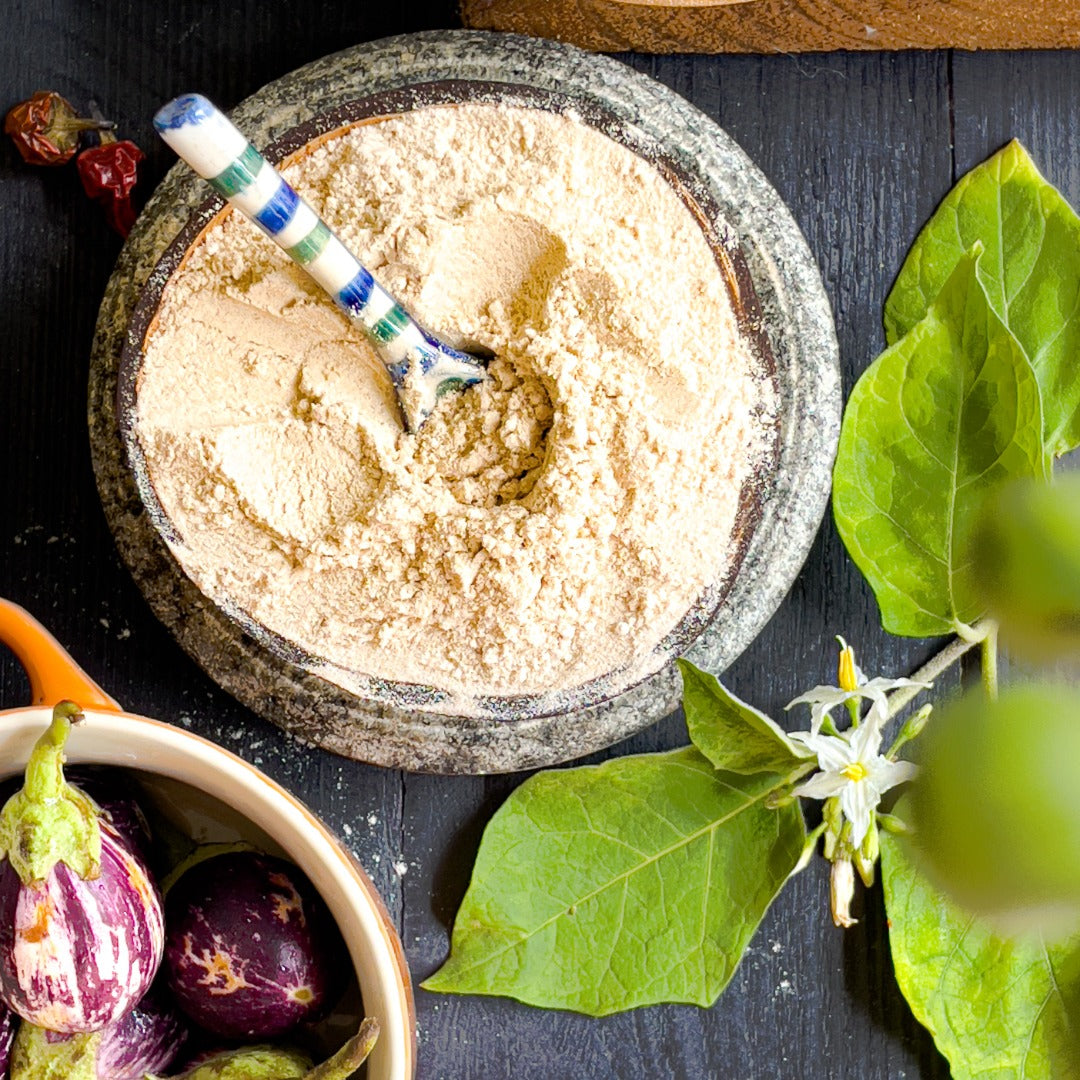Written by Shanthini Rajkumar
What is life without human stories? In the world of food it is the stories which bond the taste buds to the memory cells and leave a food legacy for us to trace back to as we get older.

As children, the love we receive from the ‘village’ which is responsible for our upbringing happens mostly by way of food. It can be something as simple as a bowl of warm rice with home made ghee, mashed by supple fingers with a little sprinkling of salt. The dish tastes the way it does and allows the feel good endorphins to flow because of the nurturing emotions that accompany the feeding.
In an Indian society, we are blessed to grow up amidst the kind of eating where along with the tadka, was also poured a large dollop of affection. Does that help to shape our food choices as we grow older?
Living in a bustling city and commuting to work may not give us the luxury of paying attention to our meals everyday. But when the hands grab a piece of store-bought khakhra and bring it to the mouth, the first bite has the mind doing a taste comparison. It is inevitable. For years the palate has been fed homemade snacks and it can differentiate when snacking on commercially produced snacks which may look the same but lack that special something!
The answer to having the cake and eating it too lies in identifying brands which are committed to making food products the traditional way in small batches. In doing this, we as a community are helping to keep alive heirloom recipes and traditional methods of making food from scratch.


Have you bought from brands who have a story to share? At Two Brothers Organic Farms for example, the process of making the full moon desi ghee begins on the night of the full moon and goes on for the next 24 hours. The churning of the 'makkhan' starts before sunrise and the passion for this ancient food craft shows in the enthusiasm of making those limited bottles of A2 ghee. Our Spices and atta are all stoneground. The Chyawanprash and Amlaprash are made using hand-plucked amlas from our farm and cooked down in iron kadhais with 40+ native herbs and spices with Ghee and Mishri. The Shatavari, Ashwagandha and Brahmi Ghrita take 16-22 hours of non stop manual stirring of the kaadha-kalka-ghrita mixture!



A lot of people talk of feeling a sense of guilt, that they are not able to give their children the kind of home cooked morsels of deliciousness that they grew up eating. Instead of adding pressure to our growing lists of tasks, doesn't it make sense to outsource what we cannot do to empower the people who are experts in the same?
Most of these small food entrepreneurs are tech savvy and do sell online. So when you click on the link don’t be surprised to find a face smiling back at you with ease and familiarity. These people cook as if they are cooking for their own loved ones.

A group of enterprising and talented men and women are identified and offered the chance to show their culinary prowess. There is no competition here of who makes more laddus per day or which tastes better. Seated in a circle, the hands are busy, the eyes are coordinating the precise movements while chatter and banter are part of the merriment involved in making age-old recipes.

Sometimes owing to consumer demand and to ensure a steady livelihood for these simple folk, a savoury peanut chutney can also be given a different avatar as a sweet peanut butter. Roasting a small batch of locally grown peanuts and grinding it with the mineral rich jaggery in a stone grinder ensures a taste so special that a plastic bottle of the same condiment, made in a large factory, cannot possibly taste the same.
The concept of sustainable eating is also closely intertwined with food being prepared in small batches. The ingredients for the same are sourced in a conscious manner and have a direct and positive impact on the environment. Ingredients like palm jaggery help the palmyra farmer to preserve the native trees which help in improving ground water levels and support so many other livelihoods which are also dependent on these trees.


A spoonful of chyawanprash or amlaprash adds so many health benefits. Rather than buying large bottles which travel from one assembly line to the other in a factory, if we identified a brand which makes the same in small quantities, the chances are that there is greater value for every rupee spent.
It’s wonderful to add stories to the foods on our plate because it does make a difference to the farmer and helps him or her stay true to organic farming practices. So when we tell our children, "Eat up that Chywanprash, it took 5 days to go into the hills and dig up these rare medicinal plants!" we are giving them a food education which will come to their rescue in the food choices they make as adults.
The food we eat has to mean more than the supermarket it was bought from or the hunger it satisfied. In thinking about the work put into the carefully sourced mono floral honey, the bees and their dance in a mustard flower field or the role of Gondh (edible gum) in that delicious protein laddoo we are re-creating the emotions of food cooked in the cool, dark Indian kitchens of our ancestors.
Could there be anything more meaningful by way of food experiences than that ?
Shop All Products - SHOP NOW










